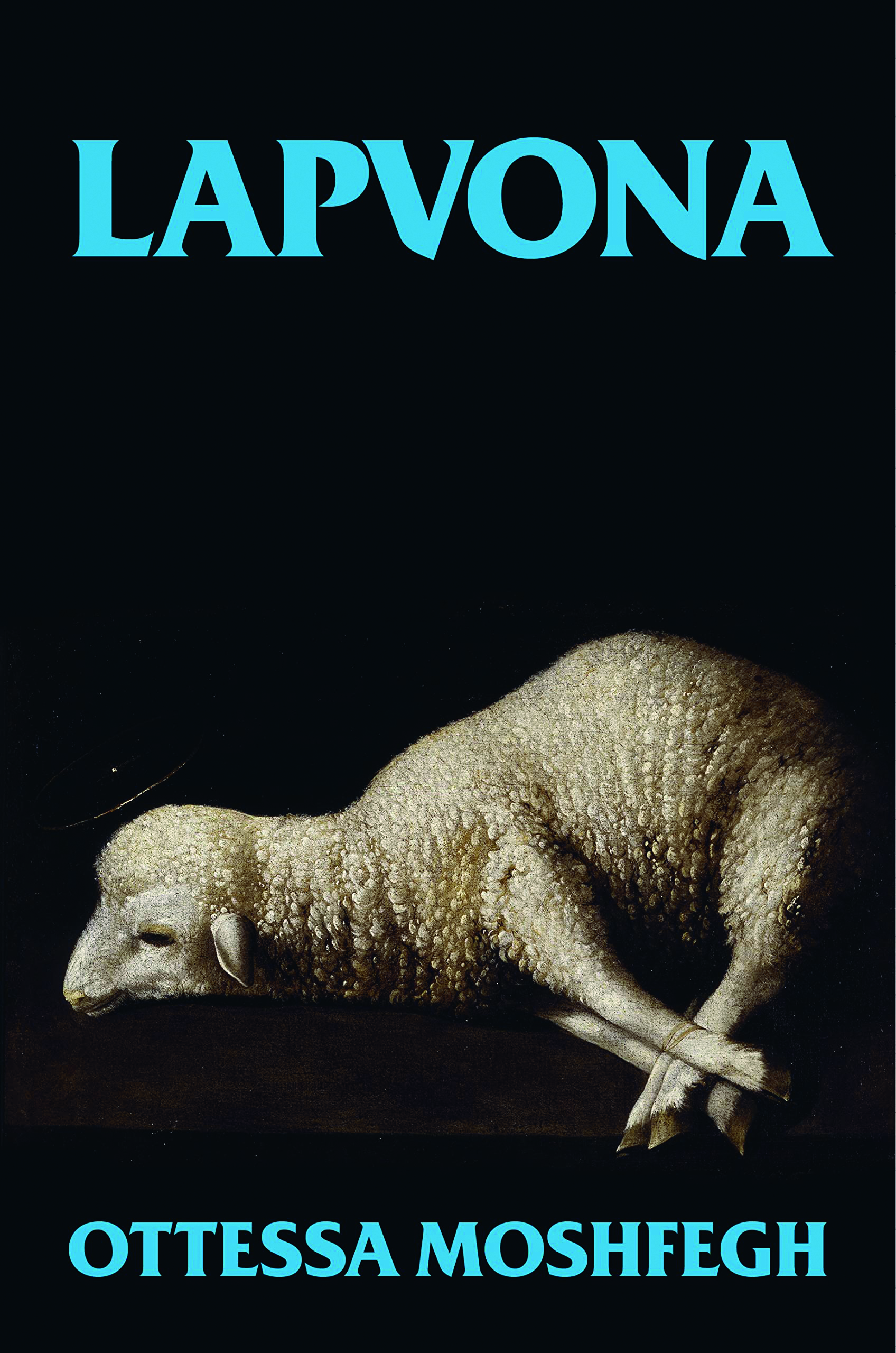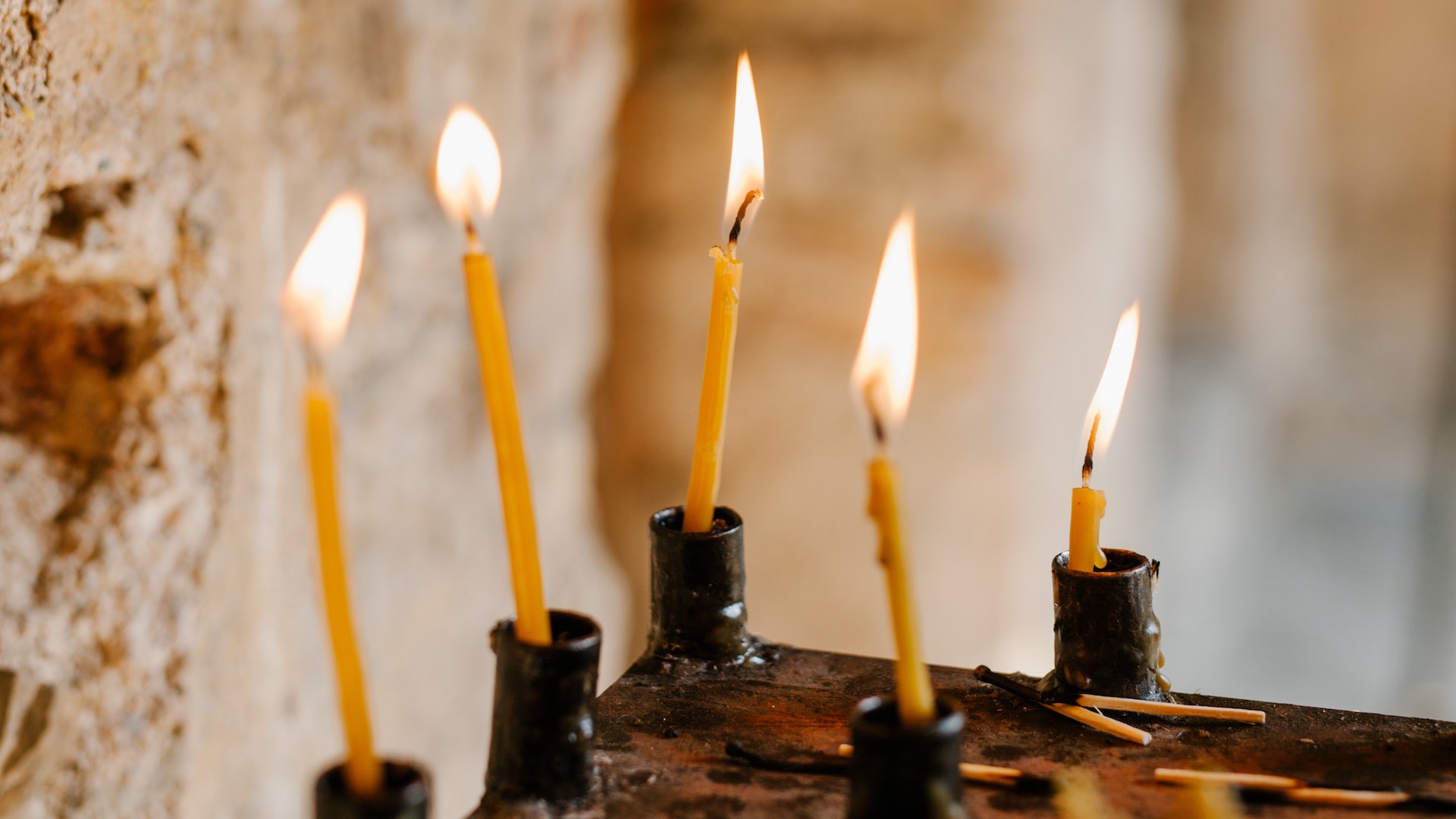
In Lapvona, Ottessa Moshfegh offers a fitting tale for the hell-scape of our pandemic times; gleefully rubbing our faces in the filth of human nature. Her chosen setting – the imagined village of Lapvona – harks back to the age of medieval fiefdoms and peasants. Its inhabitants are God-fearing folk, daily tormented by their ruler, Lord Villiam, who delights in stealing their crops and devising brutal means to keep his subjects compliant. The faith that they have been taught from infancy enables their unquestioning exploitation – a true ‘opiate’ for the masses.
Villiam is painted as a monstrous proto-capitalist, characterised by his continual feasting and demands for performances of skits to assuage his boredom. When the villagers are not toiling, they endure atrocities that rival scenes from Hieronymus Bosch. Descriptions of cannibalism, disembowelling and abuse are frequent.
The Lapvonians get a masochistic thrill out of their suffering, believing it is their path to heaven. Marek, a teenage shepherd, demonstrates piety through ritual humiliation. Like the best of martyrs, Marek is happiest when afflicted. Lapvona can be read as a novel of allegorical proportions – tracing the elderly ghosts of human sins.
The pleasure in shame, an insatiable desire for entertainment, hoarded resources, and virtue signalling are keenly rendered here. While there is little redemption for any of Lapvona’s characters, each is delectably foul in their own individual way. Moshfegh’s novel is bitterly comic, compelling reading, ever-pulsing with perversity.
Annie Hayter is a writer and poet
You can buy Lapvona from The Big Issue shop on Bookshop.org, which helps to support The Big Issue and independent bookshops.









